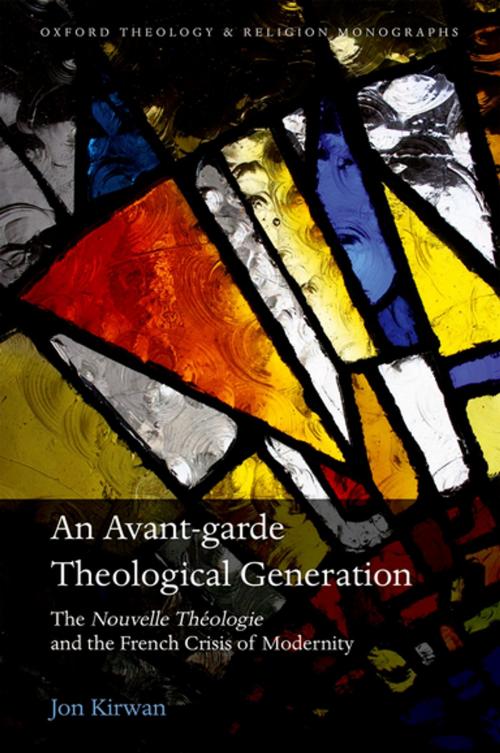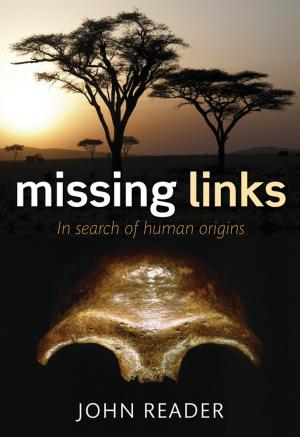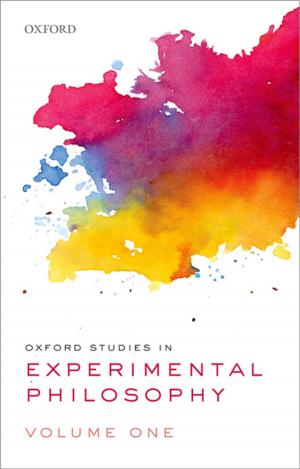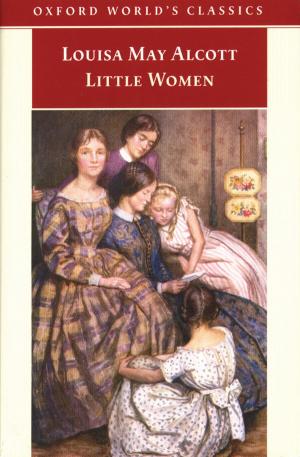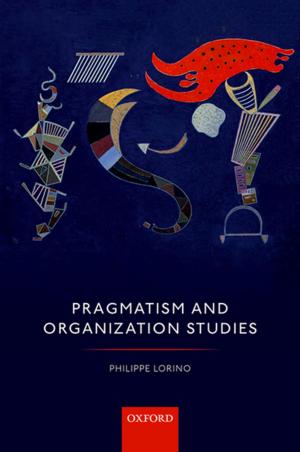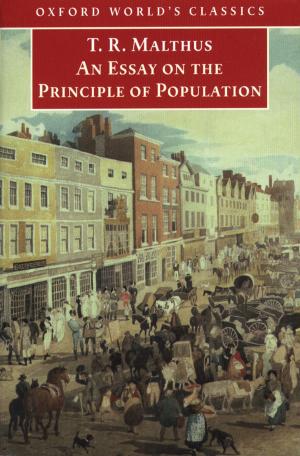An Avant-garde Theological Generation
The Nouvelle Théologie and the French Crisis of Modernity
Nonfiction, Religion & Spirituality, Theology, Christianity| Author: | Jon Kirwan | ISBN: | 9780192551276 |
| Publisher: | OUP Oxford | Publication: | March 9, 2018 |
| Imprint: | OUP Oxford | Language: | English |
| Author: | Jon Kirwan |
| ISBN: | 9780192551276 |
| Publisher: | OUP Oxford |
| Publication: | March 9, 2018 |
| Imprint: | OUP Oxford |
| Language: | English |
An Avant-garde Theological Generation offers a clearer understanding of the Jesuit theologians and philosophers who comprised the group known the 'Fourvière Jesuits'. Led by Henri de Lubac and Jean Daniélou, they formed part of the nouvelle théologie, an influential French reform movement that flourished from the 1930s until its suppression in 1950. After identifying a certain lacuna in the secondary literature, Jon Kirwan remedies certain historical deficiencies by constructing a history both sensitive to the wider intellectual, political, economic, and cultural milieu of the French interwar crisis, and that establishes continuity with the Modernist crisis and the First World War. Kirwan examines the modern French avant-garde generations that have shaped intellectual and political thought in France, providing context for a historical narrative of the Fourvière Jesuits more sensitive to the wider influences of French culture. This historical narrative of the Fourvière Jesuits follows four stages. The study examines the influential older generations that flourished from 1893 to 1914, such as the Dreyfus generation, the generation of Catholic Modernists, and two generations of older Jesuits, which were instrumental in the Fourvière Jesuits' development. It explores the influence of the First World War and the years of the 1920s, during which the Jesuits were in religious and intellectual formation, relying heavily on unpublished letters and documents from the Jesuits archives in Paris (Vanves). Kirwan then analyses the crises of the 1930s, the emergence of the Fourvière Jesuits' wider generation, and their participation in the intellectual thirst for revolution. He explores the decade of the 1940s, which saw the rise to prominence of the members of the generation of 1930, who, thanks to their participation in the resistance, emerged from the Second World War, with significant influence on the postwar French intellectual milieu.
An Avant-garde Theological Generation offers a clearer understanding of the Jesuit theologians and philosophers who comprised the group known the 'Fourvière Jesuits'. Led by Henri de Lubac and Jean Daniélou, they formed part of the nouvelle théologie, an influential French reform movement that flourished from the 1930s until its suppression in 1950. After identifying a certain lacuna in the secondary literature, Jon Kirwan remedies certain historical deficiencies by constructing a history both sensitive to the wider intellectual, political, economic, and cultural milieu of the French interwar crisis, and that establishes continuity with the Modernist crisis and the First World War. Kirwan examines the modern French avant-garde generations that have shaped intellectual and political thought in France, providing context for a historical narrative of the Fourvière Jesuits more sensitive to the wider influences of French culture. This historical narrative of the Fourvière Jesuits follows four stages. The study examines the influential older generations that flourished from 1893 to 1914, such as the Dreyfus generation, the generation of Catholic Modernists, and two generations of older Jesuits, which were instrumental in the Fourvière Jesuits' development. It explores the influence of the First World War and the years of the 1920s, during which the Jesuits were in religious and intellectual formation, relying heavily on unpublished letters and documents from the Jesuits archives in Paris (Vanves). Kirwan then analyses the crises of the 1930s, the emergence of the Fourvière Jesuits' wider generation, and their participation in the intellectual thirst for revolution. He explores the decade of the 1940s, which saw the rise to prominence of the members of the generation of 1930, who, thanks to their participation in the resistance, emerged from the Second World War, with significant influence on the postwar French intellectual milieu.
